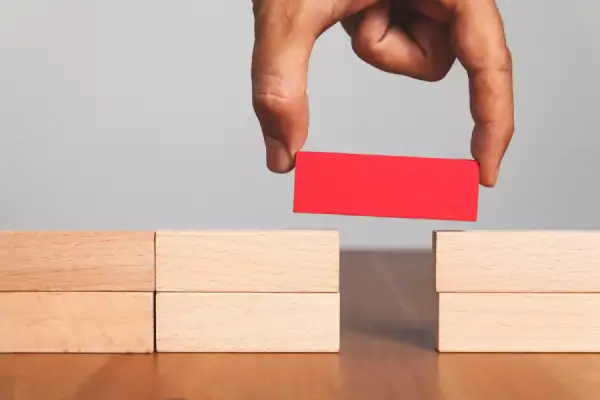Featured Blogs
Blog Categories
Life@Pearl
Ready to both up something new? We've got more to read right this way
Subscribe to Pearl Blogs
By clicking the "Subscribe" button, I agree and accept the privacy policy of Pearl Academy.
Thank you for subscribing to PEARL blogs.
A subscriber email already exists.
Please enter your email




